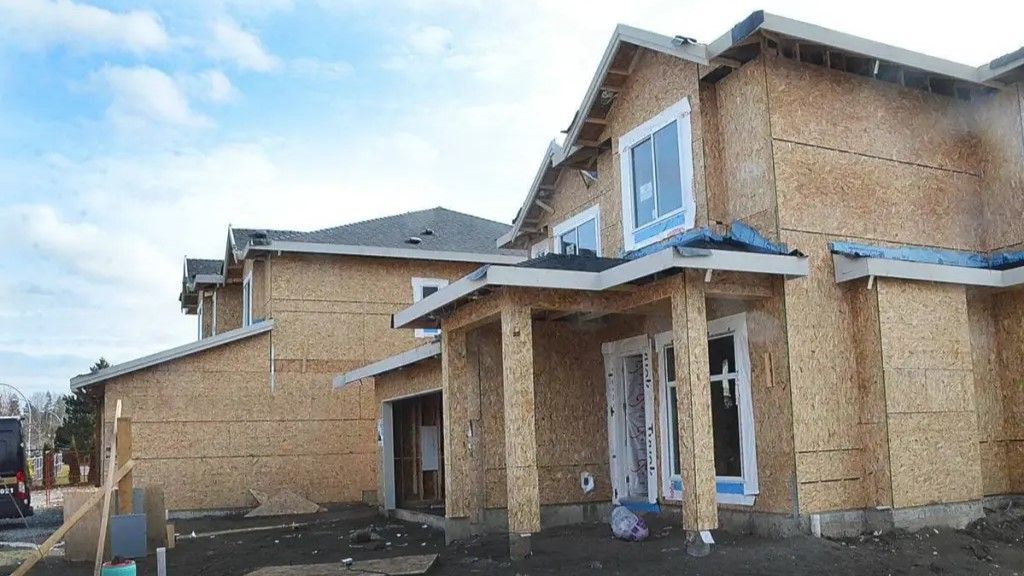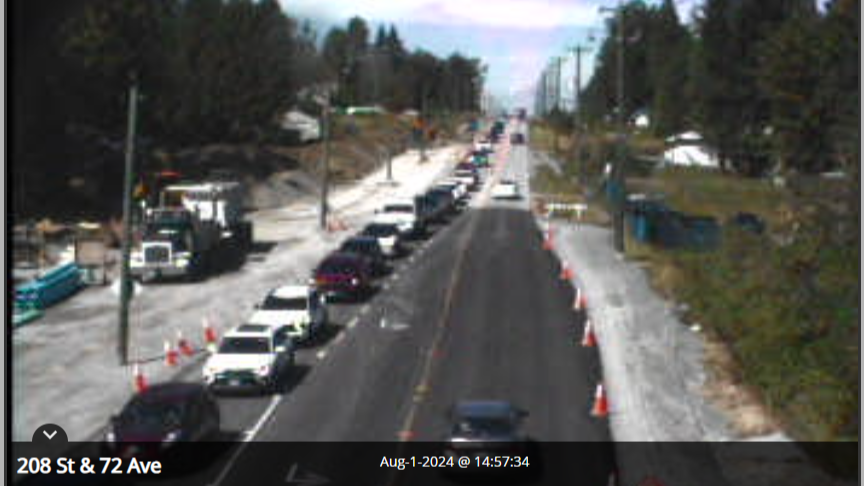Federal Budget 2022: Real Estate Highlights

On April 7, 2022, Finance Minister Chrystia Freeland introduced the 2022 Federal Budget. The budget proposed several measures designed to help stabilize the housing market, address housing supply, and make it easier to save and invest in housing. Three measures that the 2022 Federal Budget introduced which affect the real estate market include:
Two-Year Ban on Foreign Homebuyers
The Budget contemplates new rules to prohibit foreign commercial enterprises and individuals who are not Canadian citizens or permanent residents from acquiring residential property in Canada for two years. Notably, refugees, foreign workers and international students on the path to permanent residency are expected to be exempt.
First Time Homebuyers Incentives
The Budget introduces a Tax-Free First Home Savings Account that will allow first-time homebuyers to contribute up to a maximum of $40,000. Contributions to this account would be tax-deductible like an RRSP, while withdrawals to buy a home would be non-taxable like a TFSA. In addition, the Budget doubles the existing First-Time Home Buyers’ Tax Credit (from $5,000 to $10,000).
Anti-Flipping
The Budget contemplates new rules requiring any person who sells residential property they have held for less than 12 months to be subject to full taxation on their profits*. This will apply to residential properties sold on or after January 1, 2023.
*Exemptions would apply for Canadians who sell their home due to certain life circumstances e.g. death, disability, the birth of a child, a new job, or a divorce.
It is expected that these measures will be implemented in new legislation over the coming months. Do you feel these measures will assist in stabilizing the housing market and allow opportunities for first time buyers?
If you have any more questions, please reach out!
Irina Bartnik Notary Public 604-575-7494







